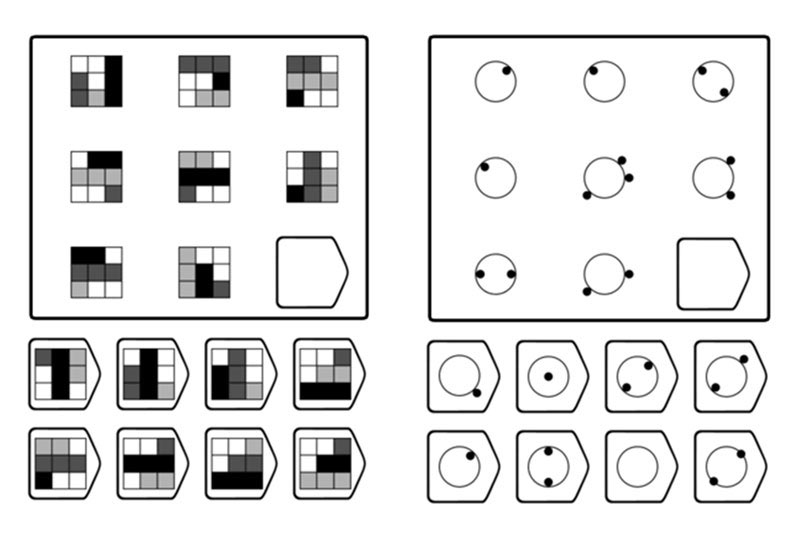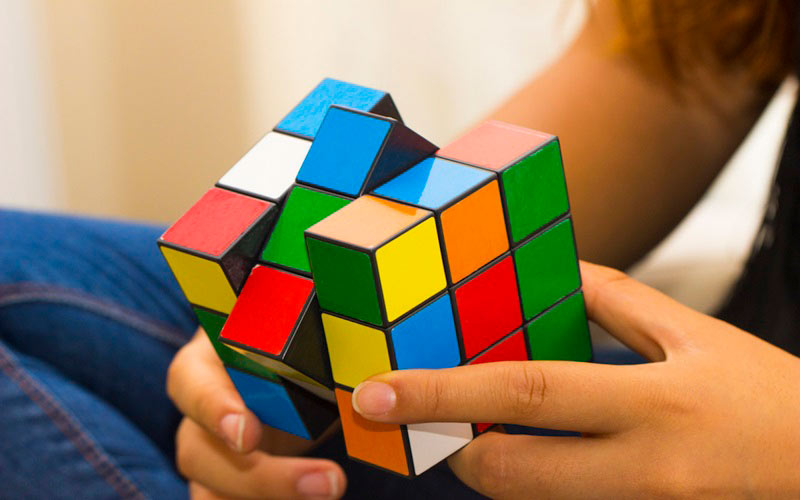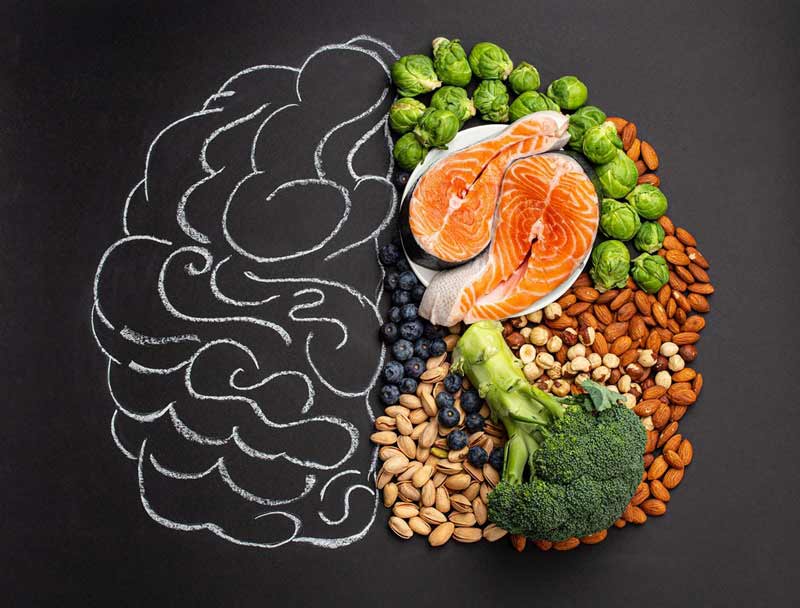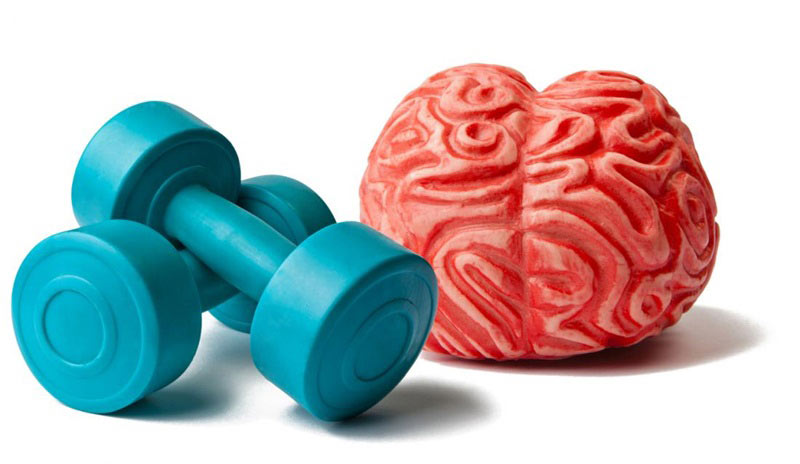
- IQ Test
- All Tests
- IQ Practice Test
- IQ Challenges
- Result Sample
Are you planning to take an IQ test and want to achieve your best possible score? Whether you’re aiming to gain insight into your cognitive strengths, or simply satisfy your curiosity about your intelligence level, being well-prepared can make all the difference. In this guide, we’ll explore 15 effective methods to help you prepare for an IQ test and unlock your full potential.
IQ tests measure a range of cognitive skills, including problem-solving, reasoning, and memory. Whether you’re taking an IQ test to evaluate your abilities, for academic purposes, or simply as a personal challenge, preparation is key. Here’s 15 ways to help you achieve your best performance:
It is important to know what sort of format of the IQ test you will be solving. Find out what parts of the test may include; they could be visual or spatial relations, logic and order, numerical ability, or language skills. It also helps you to know how to prepare for the test because you have already familiarized yourself with the structure. Look for sample questions or official practice materials online to gain insight into the test’s layout.
Additionally, understanding the type of questions in the IQ tests can help you prepare more strategically. For example, if a test emphasizes spatial reasoning, prioritize practicing visual puzzles or pattern recognition exercises. Awareness of the format reduces surprises on test day, making you more confident.
Each IQ test has its own scoring system, which typically includes raw scores, scaled scores, or percentile rankings. Understanding how scores are calculated can help you set realistic goals. For instance, some tests emphasize accuracy over speed, while others reward quick problem-solving. Researching the scoring system will help you focus on what matters most for your specific test.
Moreover, some IQ tests adjust scores based on age or use standardized norms to rank your cognitive abilities. Familiarize yourself with these details to better interpret your results and tailor your preparation efforts accordingly.
Most IQ tests have strict time limits for each section. Practicing under timed conditions can improve your ability to manage time and complete as many questions as possible. Use a stopwatch or timer during your practice sessions to simulate the test environment. This will help you become comfortable working under pressure.
To further enhance your time management skills, divide your practice sessions into smaller timed segments. For instance, allocate a specific number of minutes to solve a set of questions, gradually increasing your speed and accuracy.
The fact is, there isn’t a single trick for boosting your IQ test results, but regular practice is the most effective way to do this. Spend at least 20-30 minutes daily in practicing IQ-like problems like puzzles, brain teasers or any pattern solving acts. Daily practice helps in the improvement of the problem-solving skills and help in getting used to the type of questions tested.
Creating a structured practice schedule can also boost your productivity. Break your preparation into manageable chunks and include periodic reviews to track your progress and address weak areas effectively.
Identify your weak areas by taking practice tests. Are you struggling with memory-related tasks, abstract reasoning, or spatial visualization? Once you’ve pinpointed your challenges, dedicate extra practice to those areas. Targeted preparation ensures balanced improvement and boosts your overall score.
For instance, the child with a low score in the verbal comprehension scale should read more passages and comprehend what they read. Likewise if abstract thinking is an issue, work on puzzles that involve figures.

Solve puzzles can be helpful to improve weak areas and practice your brain
Challenge yourself by doing things that would make you think about the strategy that you are going to use. Read crosswords, solve Sudoku problems, do rubik’s cube puzzles or even take a new course in coding or music. All these activities stimulate your cognitive flexibility, memory and especially problem solving skills which are hallmarks of an IQ test.
Organising a plan on how to go about your day and ensuring that you are as active as possible can be of assistance. You should allocate particular periods of time for learning and leisure in order to avoid excessively intensive studying.

Practicing your IQ by doing rubik's cube puzzles
Limit your passive entertainment, things like watching television or browsing social media should be minimized when trying to challenge your brain. However, one should engage in activities that enhance cognitive features that are inherent in use of the Internet. Working activities including reading, studying or engaging in critical thinking are far more beneficial in raising the alertness.
Establishing a daily routine that prioritizes active learning can help you maintain focus. Designate specific times for studying and relaxation to strike a balance between productivity and downtime.
Do not limit yourself with one genre or area of knowledge in order to activate different areas in the brain. Imaginative literature should be read to enrich fantasy while content knowledge should be enriched through non-fiction texts and technical language and skills should be gained from scientific or technical text. They also do not dislike a well balanced preparation strategy which makes them ready for all the obstacles of IQ tests..
Education can also enrich your viewpoints and help develop critical thinking by engaging in new topics which have never been studied before. For example, philosophic or historical literature will help you to develop the ability to reason, while technical literature will help to improve your problem-solving skills .
Solve multi step reasoning questions on a daily basis to challenge your brain to the maximum. For example, solve arithmetic problems or do logical problems or try and find a pattern in some of the problems. If you try to solve difficult problems as often as possible, then when you are on the test you will be confident that you know what answer to give to such questions.
Further, critically assess the problem solving process and component parts in order to specify its weaknesses. Looking at mistakes and thinking about what could have been done differently can be beneficial in broadening overall perspective and improving effectiveness.
Psychological performance depends on sleep. It is recommended that you should take 7-8 hours of sleep during the night days and especially in the nights before the test. Sleep aids in memory formation, suppleness of attention, and strength of solving problems. Do not study at night because doing this drains energies that could have been used to study better.
Staying on a regular sleep schedule will also help improve your mental focus even more, according to other research. Normal rhythms should be practiced to keep the internal clock regular, that is, set for night sleeping and morning waking.
Looking at what you eat daily has a great impact on the functioning of the brain and body. Include foods high in antioxidants, vitamins, and healthy fat aged to improve on brain function. They include blueberries, walnuts, avocados, leafy green vegetables and fatty fish such as salmon. Finally, avoid foods high in fats or sugars before the test to help avoid drowsiness, tiredness or sluggishness during the test.
You may find it helpful if you plan your meals according to their nutritional worth ahead of time. Use foods that do not cause a dip in energy levels such as nuts or dark chocolate when studying.

Eating healthy food for brain is also have good impact on IQ
It reduces not only the physical risk factors but also has positive effects on the brain. Jogging, walking or practicing yoga boosts circulation to the brain which in turn improves memory, concentration, and focus. Exercise should form part of the daily schedule to expand cerebral functionality to the optimal level.
Adding the element of aerobic exercise with other mindfulness exercise practices like yoga or meditation will only enhance your workstation effectiveness and minimize your stress levels.

Doing exercise regularly is helpful for your brain
Practice makes perfect. If you want to see more improvements, take the free online IQ test again and again. These tests are helpful in giving you an idea of how well you are doing as well as your areas of difficulty. Add them to refine your preparation plan and increase the level of confidence.
When you’re finished, get into the habit of checking over your answers and analyzing correct and incorrect answers. Doing the same thing over and over many times will help you reinforce that knowledge and your performance will increase.
When you are taking the IQ test, you will be presented with some difficulties in some parts of the test; in this case, you should seek assistance. Teachers, guides or even, it would not be a bad idea, professionals in the field might have some helpful advice. They may also suggest other materials or ways to answer such questions more efficiently.
Participation in study groups or social media groups is also allowed. Reading how your counterparts approached a topic are facing can help you gain new insights as well as reinforce your ideas.
Therefore control of stress is an important factor that determines performance. Professional advice to adopt other relaxation methods inclusive of deep breathing, meditation or even practicing on exercises for mindfulness. Remaining calm and collected also helps one to answer some of the questions with slight difficulties as they come with less stress. Focus on success and get prepared for the test to be an excellent chance to demonstrate the knowledge.
Establishing a pre-test routine that effectively prepares the, would involve taking exercises that help one create the kind of mindset that is ideal for the exercise. So you want to keep a calm and composed appearance throughout the interview.
Preparing for an IQ test requires a combination of consistent practice, targeted learning, and mental and physical well-being. Using the 15 tips listed above you can easily get the desired results on the test and develop useful skills that will definitely help in other spheres.
Those are what you need to prepare before taking the IQ test. To maximize your IQ score, consider using effective strategies during taking the test to achieve the best performance.